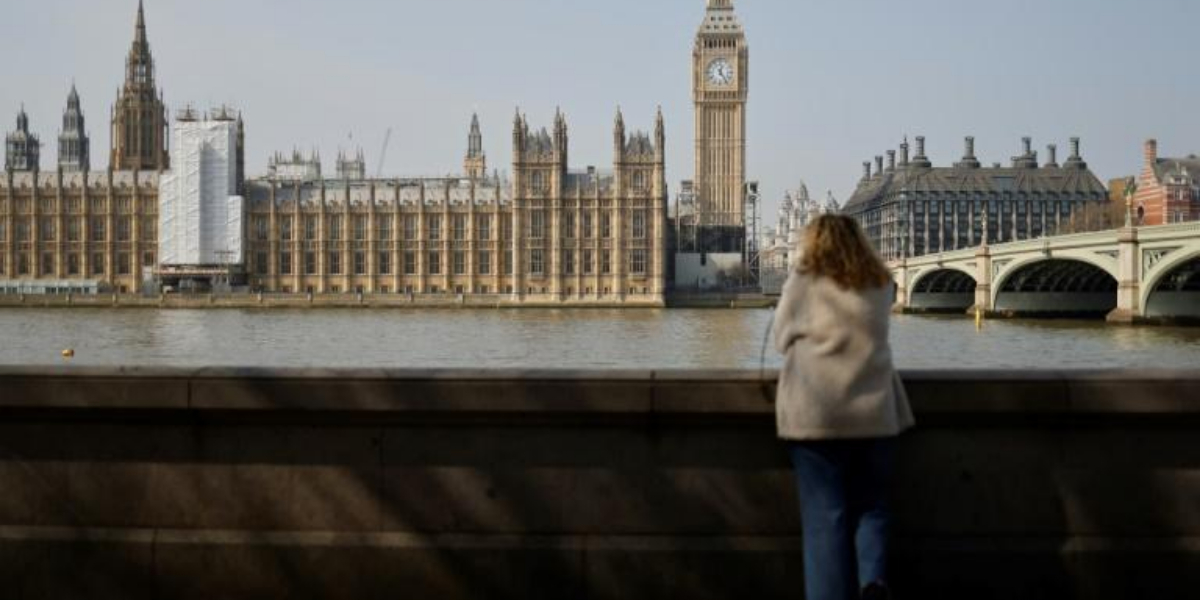The British economy shrunk in March as a result of rising prices, raising the risk of the country entering recession.
Next good output in January, the UK economy registered zero growth the following month and fell by 0.1 percent in March, according to official first-quarter figures released on Thursday.
It comes as the Bank of England (BoE) warned last week that the UK risks entering a recession, with inflation expected to reach 10% by the end of the year, a four-decade high.
Consumer prices are rising around the world as countries emerge from pandemic lockdowns and in the aftermath of the Ukraine conflict, which is exacerbating already high energy costs.
Britain’s economy grew 0.8 percent overall in the January-March period, the slowest quarterly growth for a year, the Office for National Statistics (ONS) said in a statement.
It compared with gross domestic product expansion of 1.3 percent in the fourth quarter of last year.
– ‘Russia disruption’ –
Responding to Thursday’s data, finance minister Rishi Sunak said Britain’s economic recovery from the pandemic was “being disrupted by (Russian President Vladimir) Putin’s barbaric invasion of Ukraine and other global challenges”.
In a statement, Sunak said the UK’s “growth in the first three months of the year was significant, quicker than the US, Germany, and Italy.”
For the fourth quarter in a row, the UK economy increased, surpassing pre-pandemic levels.
Boris Johnson, the Prime Minister, said that British growth would “return quite strongly in the next couple of years.”
He also refused to rule out a windfall tax on energy firms in an interview with LBC radio, despite the fact that rising oil and gas prices are hitting consumers hard.
“We’ll have to look at it,” said Johnson despite repeating his displeasure at such a levy.
“I don’t like them… I don’t think they’re the right way forward,” he said, adding that a windfall tax on the likes of BP and Shell would deter them from investing in greener energy.
Johnson’s remarks came a week after his Conservative party lost control of major councils in local elections, a result attributed in part to the rising cost of living.
According to Darren Morgan, head of economic statistics at the ONS, total growth contracted in March due to lower output in the services and manufacturing sectors.
– ‘Recession risk’ –
“The risk of recession has just risen,” said Paul Dales, chief UK economist at Capital Economics.
“Strong pricing pressures will almost certainly mean the BoE will hike interest rates further,” Dales said.
To combat UK inflation, the central bank hiked its main interest rate by a quarter-point to 1% last week.
The Bank of England raised its main rate for the fourth time in a row, bringing it to its highest level since the global financial crisis in 2009.
A raise in interest rates has increased borrowing costs for consumers and businesses, reducing consumption.

















